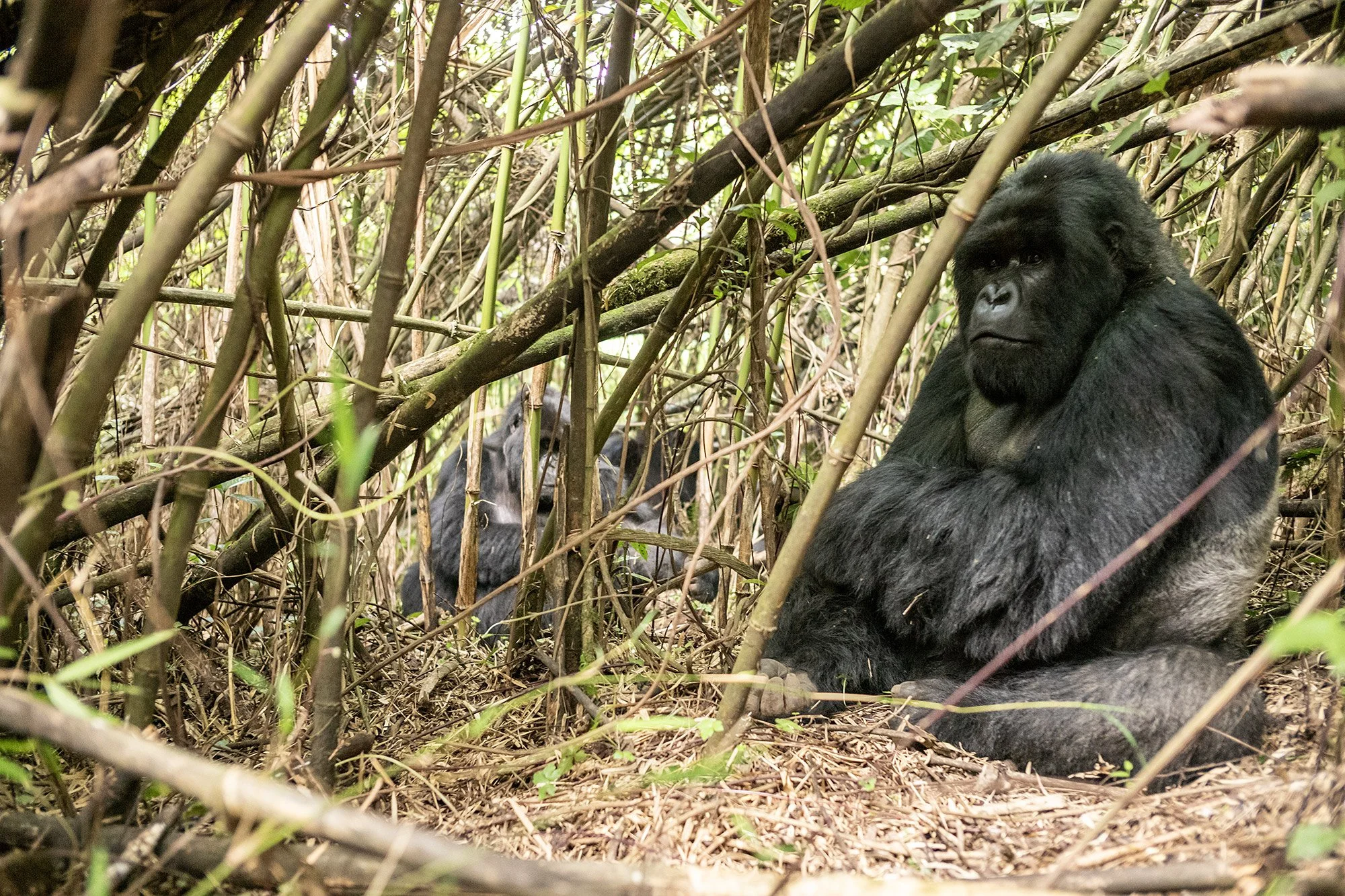
Rwanda's Path to Conservation: Tourism Protects Wildlife and Empowers Communities
Learn how Rwanda's conservation model combines tourism revenue with community empowerment to protect wildlife and improve local livelihoods.
blogPosts.rwandaConservationPath.intro
🦍 The Mountain Gorilla Recovery Story
Perhaps Rwanda's most celebrated conservation success is the recovery of the mountain gorilla population. In the 1980s, only about 250 mountain gorillas remained worldwide, facing threats from habitat loss, poaching, and human conflict. Today, thanks to dedicated conservation efforts and community engagement, the population has grown to over 1,000 individuals. Key to this success was the revenue-sharing model that channels a percentage of gorilla trekking permit fees directly to communities living around Volcanoes National Park. This creates tangible benefits for local people, transforming gorillas from a threat to their crops into a valuable asset worth protecting. The result: zero gorilla poaching in Rwanda for over a decade, and growing gorilla populations that benefit both biodiversity and local communities.
💰 Revenue Sharing: Tourism Dollars Benefit Communities
Rwanda's innovative revenue-sharing program ensures that 10% of all national park revenues — including gorilla trekking permits, park entry fees, and concession fees — are invested in community projects around protected areas. These funds support schools, health clinics, clean water projects, infrastructure development, and income-generating activities for local communities. In the districts surrounding Volcanoes National Park alone, revenue sharing has funded the construction of schools serving thousands of children, health centers providing medical care, and clean water systems. This model creates a direct link between conservation success and community prosperity, ensuring that local people see tangible benefits from protecting wildlife.
🌿 Community-Based Conservation Projects
Beyond revenue sharing, Rwanda has pioneered community-based conservation initiatives that engage local people as active conservation partners. Programs like the Community-Based Tourism projects allow villagers to earn income directly from tourism through cultural experiences, guided walks, handicraft sales, and homestays. The Iby'Iwacu Cultural Village, established by former poachers who converted to conservation, demonstrates how alternative livelihoods can replace unsustainable practices. Buffer zone programs help communities manage areas around parks sustainably, reducing human-wildlife conflict while generating income through beekeeping, agroforestry, and sustainable agriculture. These projects empower communities while creating additional protection for wildlife habitats.
🦓 Akagera National Park: A Restoration Success
Akagera National Park's transformation from a heavily degraded area to a thriving Big Five destination showcases Rwanda's commitment to restoration. Following the 1994 genocide, the park lost most of its wildlife to poaching and encroachment. Beginning in 2010, a partnership between the Rwanda Development Board and African Parks has restored the park through anti-poaching efforts, wildlife reintroductions, and community engagement. Lions and rhinos, absent for decades, have been successfully reintroduced and are now thriving. The park employs over 200 local people and supports numerous community projects, demonstrating how restored wilderness can drive both conservation and development. Today, Akagera hosts growing populations of elephants, giraffes, zebras, and the complete Big Five, while supporting local communities through employment and revenue sharing.
🌳 Nyungwe Forest: Protecting Ancient Wilderness
Nyungwe Forest National Park represents Rwanda's commitment to protecting ancient ecosystems while supporting local communities. The park, one of Africa's oldest montane rainforests, is critical for watershed protection, climate regulation, and biodiversity conservation. Conservation efforts focus on preventing illegal activities, monitoring wildlife populations, and engaging surrounding communities through education and alternative livelihood programs. Community cooperatives around Nyungwe benefit from tourism revenue, handicraft sales, and sustainable resource use programs. The park's successful protection has maintained vital habitat for chimpanzees, numerous monkey species, and hundreds of bird species, while ensuring that local communities benefit from conservation.
🤝 Human-Wildlife Conflict Resolution
Rwanda has developed innovative approaches to reduce conflict between wildlife and local communities, recognizing that coexistence is essential for long-term conservation success. Programs include crop-raiding compensation schemes, improved fencing and deterrent methods, and rapid response teams that address conflicts quickly. Community conservation committees work with park authorities to monitor wildlife movements and implement preventive measures. Education programs help communities understand wildlife behavior and implement practices that reduce conflicts. These efforts have significantly reduced retaliatory killings while maintaining support for conservation among communities living near protected areas.
📚 Environmental Education and Awareness
Rwanda's conservation success relies heavily on environmental education that builds conservation awareness from an early age. Schools near protected areas incorporate conservation education into their curricula, teaching children about local wildlife, ecosystems, and the importance of conservation. Community education programs help adults understand the benefits of conservation and sustainable resource use. Conservation clubs and youth programs engage young people in hands-on conservation activities, creating the next generation of conservation stewards. These education initiatives build lasting support for conservation by ensuring communities understand the value of wildlife and ecosystems.
🌍 Sustainable Tourism Practices
Rwanda has established strict guidelines for sustainable tourism that minimize environmental impact while maximizing conservation and community benefits. These include limits on visitor numbers, mandatory environmental impact assessments for tourism facilities, and requirements for eco-friendly practices. Many lodges and tour operators, including Village to Wild Safaris, implement sustainable practices such as waste reduction, renewable energy use, water conservation, and local sourcing. The Rwanda Development Board's tourism certification program recognizes operators who meet high standards for sustainability and community engagement. These practices ensure that tourism growth supports rather than threatens conservation goals.
🏆 International Recognition and Partnerships
Rwanda's conservation achievements have gained international recognition and support. The country partners with global conservation organizations, research institutions, and funding agencies to advance conservation goals. Programs like the International Gorilla Conservation Programme and partnerships with organizations like African Parks bring expertise, funding, and technical support. Rwanda also shares its conservation knowledge and experiences with other countries, hosting conferences and training programs. These partnerships strengthen Rwanda's conservation efforts while contributing to global conservation knowledge and best practices.
📈 Measuring Conservation Impact
Rwanda uses scientific monitoring and evaluation to measure conservation success and adapt strategies. Regular wildlife censuses track population trends, habitat assessments monitor ecosystem health, and social surveys measure community attitudes toward conservation. This data-driven approach ensures that conservation programs are effective and that investments deliver results. The increasing wildlife populations, expanding protected areas, and growing community support demonstrate the success of Rwanda's integrated conservation approach. Regular monitoring also helps identify emerging challenges and opportunities for improvement.
blogPosts.rwandaConservationPath.conclusion
 Author
AuthorParker Willy
Finanappreciate your trust greatly Our clients choose dentace ducts because know we are the best area Awaitingare really.Seorem.
Post a comment
Your email address will not be published. Required fields are marked *
